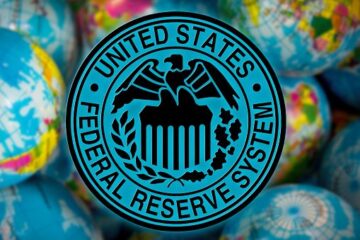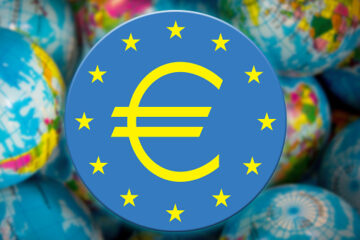If you’re like many Americans, your routine trip to the grocery store is probably anything but boring these days.
With a seemingly endless selection of new products, food and drink categories, brands, and ever-increasing costs, popping in for the week’s necessities can feel overwhelming.
💰💸 Don’t miss the move: Subscribe to TheStreet’s free daily newsletter💰💸
Related: Costco announces convenient new store feature
It can also be hard to navigate the aisles nowadays. Consumers might find it confusing to know what’s beef and what’s imitation meat. What’s organic or non-GMO? What’s a simple multivitamin? What’s soda or seltzer? Which teas have adaptogenic herbs in them — and by the way what even is an adaptogenic herb?
Plus, with the rise of private labels in grocery stores, it can be hard to decipher what exactly you’re paying for when buying national name brands.
More Costco:
Costco discloses surprising news after membership price hikeCostco and Walmart making major change affecting all customersCostco, Target, Walmart make major 2025 announcement
Many grocery stores are now rolling out more of their own generic brand or private label categories.
According to a new report by Circana, private label brand sales increased by 4% to $271 billion in 2024. National — or brand name — sales were up by just 1%, indicating shoppers prize savings over brand names.
Costco offers a dizzying array of food and supplements.
Image source: Brooks Kraft LLC/Corbis via Getty Images
Customers shop for groceries in new ways
And all that change happens before you even put food in your cart.
Once it’s time to check out, it’s a different story.
The most recent Consumer Price Index for December indicates that the cost of key goods and services was up by 0.4% for the month. That puts the 12-month inflation rate at 2.9% — the higher end of what analysts had foreseen.
Most foresaw the number coming in between 0.3% to 2.9%.
“Four of the six major grocery store food group indexes increased in December,” the CPI found.
Related: Costco members split over popular new ‘knock-off’ product
“The index for cereals and bakery products rose 1.2 percent over the month after falling 1.1 percent in November. The meats, poultry, fish, and eggs index increased 0.6 percent in December, as the eggs index rose 3.2 percent. The index for other food at home rose 0.3 percent over the month, and the index for dairy and related products increased 0.2 percent.”
In the month, food as a whole rose 0.3%. Food at home (typically bought at grocery stores) was also up 0.3%, and food away from home (as at a restaurant) was up 0.3% too. Limited service meals were up 0.4%.
Costco and others make a tough change
A carton of eggs is one core item that has significantly increased in cost at the grocery store in recent months.
The bird flu outbreak has made eggs harder to come by, as the spread of the disease forces farmers to cull their hens and reduce their egg output.
In November, egg production dropped by an estimated 4%, while wholesale egg prices increased by 55% during the same period.
Across the country, this pinch is being felt. Many customers have been frustrated by sky-high egg prices, and others can’t even find eggs in stock when they go shopping.
So, some retailers are taking matters into their own hands, setting a limit per customer on how many eggs may be purchased at one time.
Costco (COST) has implemented a three pack per customer policy. The warehouse retailer typically sells packs containing two dozen or four dozen eggs.
“Costco now limiting 3 eggs per customer,” one Reddit user posted on the Costco subreddit.
View the original article to see embedded media.
“This limit went up in the last week or two, so I can finally buy eggs at 5 pm and not have to rush and get eggs before they’re all sold out by noon,” one user commented.
“I’m usually not the one to care, but I literally saw a lady the other day fill her ENTIRE cart with nothing but eggs from top to bottom,” another wrote. “Literally as many cartons as she could manage. It was insane, and unless she runs a massive breakfast/brunch place, then there’s no way it was totally necessary.”
Trader Joe’s also has a three per customer rule, and some regional Krogers are setting similar rules.
“Due to ongoing issues with the supply of eggs, we are currently limiting egg purchases to one dozen per customer, per day, in all Trader Joe’s stores across the country,” a Trader Joe’s spokesperson said.
No grocery retailer has indicated how long the policy will last. Still, analysts foresee the egg shortage lasting through 2025, as it takes a long time to repopulate chicken flocks and get herds back to regular output.
Related: Veteran fund manager delivers alarming S&P 500 forecast


